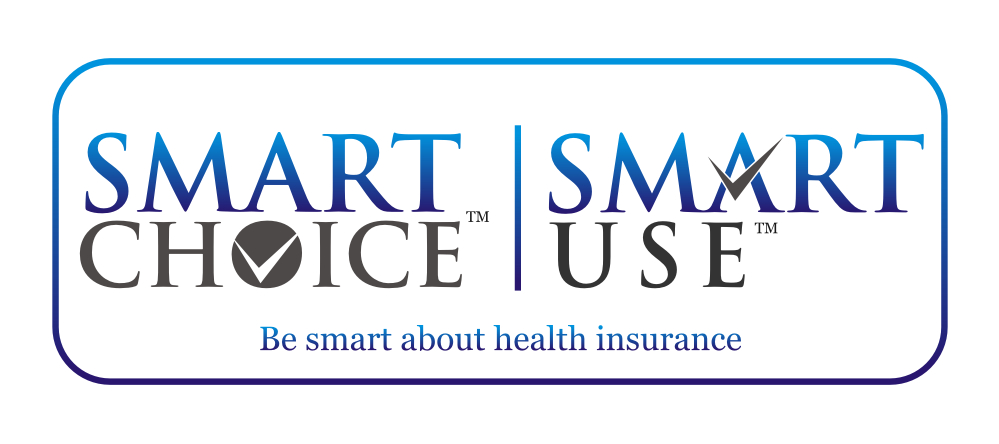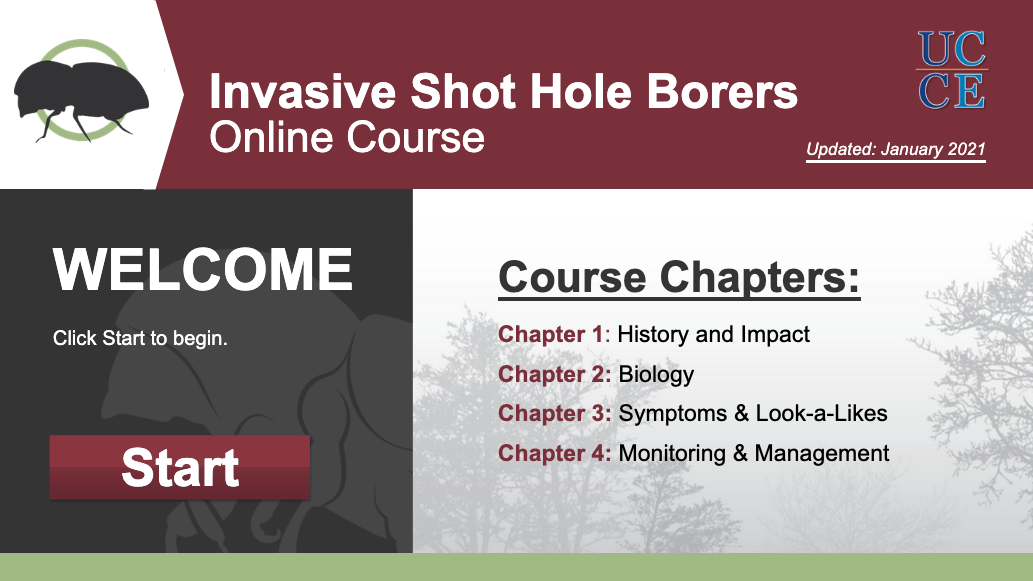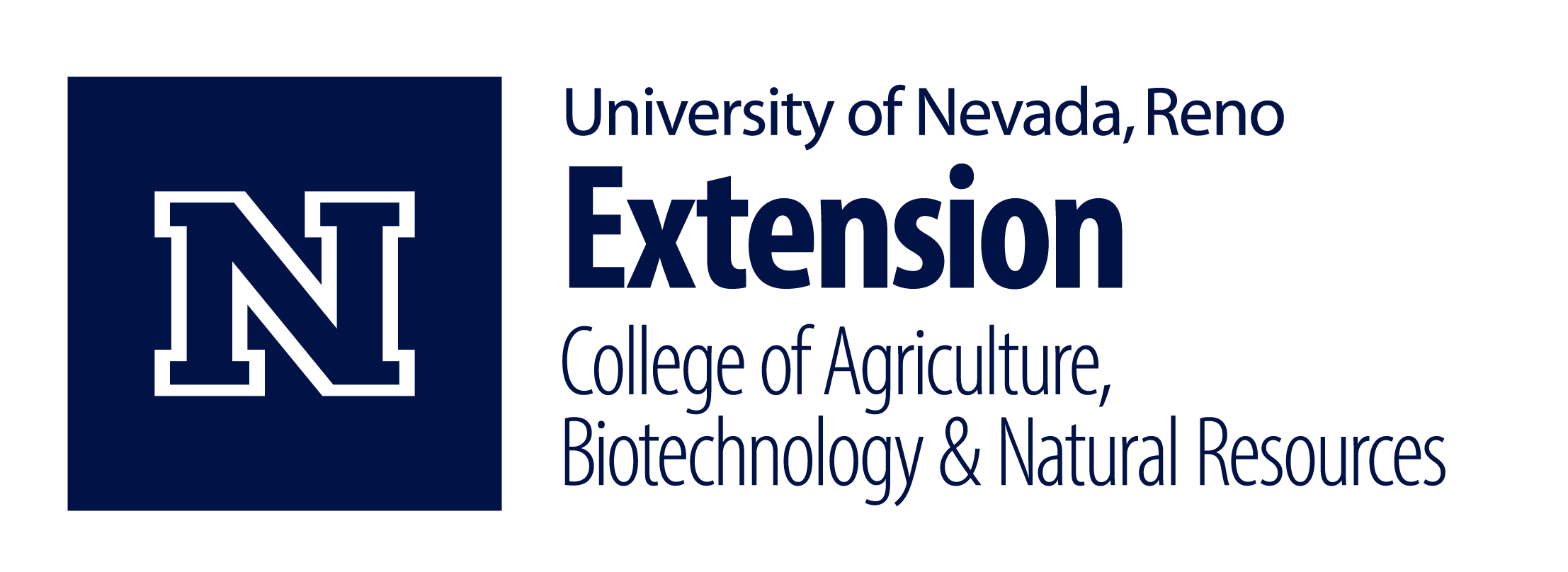Extension Foundation Online Campus
Search results: 38

Welcome to the self-paced Smart Choice / Smart Use Health Insurance TM Certified Educator training program. This program will prepare you to conduct consumer programs using the Smart Choice / Smart Use Health Insurance TM modules. The programs are designed, tested and produced by the University of Maryland Extension and University of Delaware Cooperative Extension Health Insurance Literacy Initiative (HILI) team.
- Teacher: Jesse Ketterman
- Teacher: Maggie Wolen
You will be able to re-enroll in the CFA recertification programs at https://register.ext.vt.edu/search/publicCourseAdvancedSearch.do?method=doPaginatedSearch&cspIndex=true&showInternal=false&courseSearch.courseDescriptionKeyword=fertilizer; however, there will be a minimal fee for enrollment ($10) and all testing modules will have to be completed again in the new system, regardless if they have been completed in the previous CFA programs.
Fertilizer Applicator Certification Training (FACT) is a cooperative effort of Virginia Cooperative Extension (VCE), Virginia Department of Agriculture and Consumer Services (VDACS), and the Virginia Department of Conservation and Recreation (DCR).
For more information or to enroll contact: Whitnee Askew, Turf Program Manager, Virginia Tech at waskew@vt.edu
- Instructor: Whitnee Askew
You will be able to re-enroll in the CFA recertification programs at https://register.ext.vt.edu/search/publicCourseAdvancedSearch.do?method=doPaginatedSearch&cspIndex=true&showInternal=false&courseSearch.courseDescriptionKeyword=fertilizer; however, there will be a minimal fee for enrollment ($10) and all testing modules will have to be completed again in the new system, regardless if they have been completed in the previous CFA programs.
Fertilizer Applicator Certification Training (FACT) is a cooperative effort of Virginia Cooperative Extension (VCE), Virginia Department of Agriculture and Consumer Services (VDACS), and the Virginia Department of Conservation and Recreation (DCR).
For more information or to enroll contact: Whitnee Askew, Turf Program Manager, Virginia Tech at waskew@vt.edu
- Teacher: Whitnee Askew

For more information, please contact:
Course Teacher:
Beatriz Nobua-Behrmann, Ph.D
benobua@ucanr.edu
University of California Cooperative Extension – Los Angeles and Orange County
South Coast Research and Extension Center
7601 Irvine Boulevard, Irvine CA 92618
(949) 301-9182 Ext. 1006
or
Jan Gonzales
jggonzales@ucanr.edu
Goldspotted Oak Borer Education and Outreach Program Coordinator
University of California Cooperative Extension - San Diego County
Tel: 858.822.7718
- Teacher: Janis Gonzales
- Teacher: Beatriz Nobua-Behrmann
- Teacher: UC IPM Online Training Support
- Teacher: Cheryl Reynolds


This course must be completed by December 30 of the current year. Download the certificate immediately when you complete the course. You will not be able to retrieve your certificate after December 30.
For more information, please contact:
Course Teacher:
Beatriz Nobua-Behrmann, Ph.D
benobua@ucanr.edu
University of California Cooperative Extension – Los Angeles and Orange County
South Coast Research and Extension Center
7601 Irvine Boulevard, Irvine CA 92618
(949) 301-9182 Ext. 1006
or
Randall Oliver
rdoliver@ucanr.edu
ISHB Communications Coordinator
Tel: 949.301.9182 ext. 1012
Mobile: 949.636.6411
- Teacher: Beatriz Nobua-Behrmann
- Teacher: UC IPM Online Training Support
- Teacher: Cheryl Reynolds


UNR 117 Family Engagement in Early Childhood
This training is designed
to guide educators of young children to establish and maintain open and
cooperative relationships with each child’s family. The course will focus on
effective communication, policies which promote cooperative relationships, and support
for families.
Topics will include
family involvement, conflict with families, conferences and community
resources.
Course fee: $5.99 1-hour
For Technical support email: campushelp@extension.org
Instructor email: childcare@unr.edu
- Teacher: Cathryn Peshlakai
- Teacher: Lisa Whipple
- Teacher: Sarah Wright
Veterans Agricultural Education and Apprenticeship Program in the Southwest
Course Name: Vegetable crop production methods for Yuma
Presented by: Robert Masson, UArizona, Yuma County Cooperative Extension, Asst. Agricultural Agent
Course Overview:
Robert Masson, UArizona, Yuma County Cooperative Extension Asst. Agricultural Agent. Robert will discuss U.S. vegetable production of the 20th and 21st century as well as modern farming considerations. He will also look at Yuma production methods such as Tillage, Seeding and Transplanting, Fertilizers and crop Nutrition, and Irrigation methods.
The course contains video so it requires a computer that can play audio and video.
Contact and technical support: Robert Masson, masson@arizona.edu.
- Teacher: Don Dinwiddie
- Teacher: Robert Masson
Yuma County Cooperative Extension (YCCE) offers Certified Crop Adviser (CCA) accredited courses available online on-demand. The $20 enrollment cost covers admission to all courses made by YCCE that only offer CCA credit. YCCE courses that offer AZDA or CA-DPR IPM certification are not covered with this cost. To access a list of YCCE CCA courses visit our website at www.yumaextension.com
Courses included in this bundle are:
- 2023 SWAG Fertilizer Management
- 2023 SWAG Irrigation
- 2023 SWAG Soil Health
- 24 SWAG Fertilizer
- 24 SWAG Weather and Water
- 24 SWAG Plant Breeding
- 24 SWAG Water and Salt
- 24 Soil Health
- Teacher: Don Dinwiddie
- Teacher: Robert Masson
